George Soros's purchase of media outlets and funding of NGOs, the withdrawal of EU funds and political pressure exercises, and the interference from Action for Democracy – all these combined helped Poland's leftist-liberal side ahead of the elections held on October 15. From a Hungarian perspective, compared to the 2022 Hungarian elections, serious foreign forces have been mobilized for a change of government in Poland.
The stakes were high: moving further towards a United States of Europe, the adoption of mandatory migrant quotas, and supplying Ukraine with money and weapons.
In a series of articles, Magyar Nemzet presents the foreign influence determining the Polish elections, because this also offers serious lessons from the point of view of Hungarian national self-determination. In part 2, we explore the financing of certain NGOs by Soros's network and the political role of these organizations and individuals.
The Fundacja im. Stefana Batorego, or Batory Foundation, founded by George Soros in the late 80s, plays a key role in his activities in Poland. Through this organization, the American stock exchange speculator supported media outlets, organizations, protests and political parties seeking to bring down right-wing government in power since 2015. After the defeat suffered by his allies in 2015, one such attempt was to influence the outcome of the 2019 elections through street demonstrations, primarily through providing financial support for a Polish anti-government feminist movement called "czarny protest."
In 2017, Soros-backed activists in Poland envisioned Euromaidan adopting the Ukrainian model, and in response, Polish authorities banned from the country the head of Open Dialogue Foundation, the stock market speculator's Ukrainian organization.
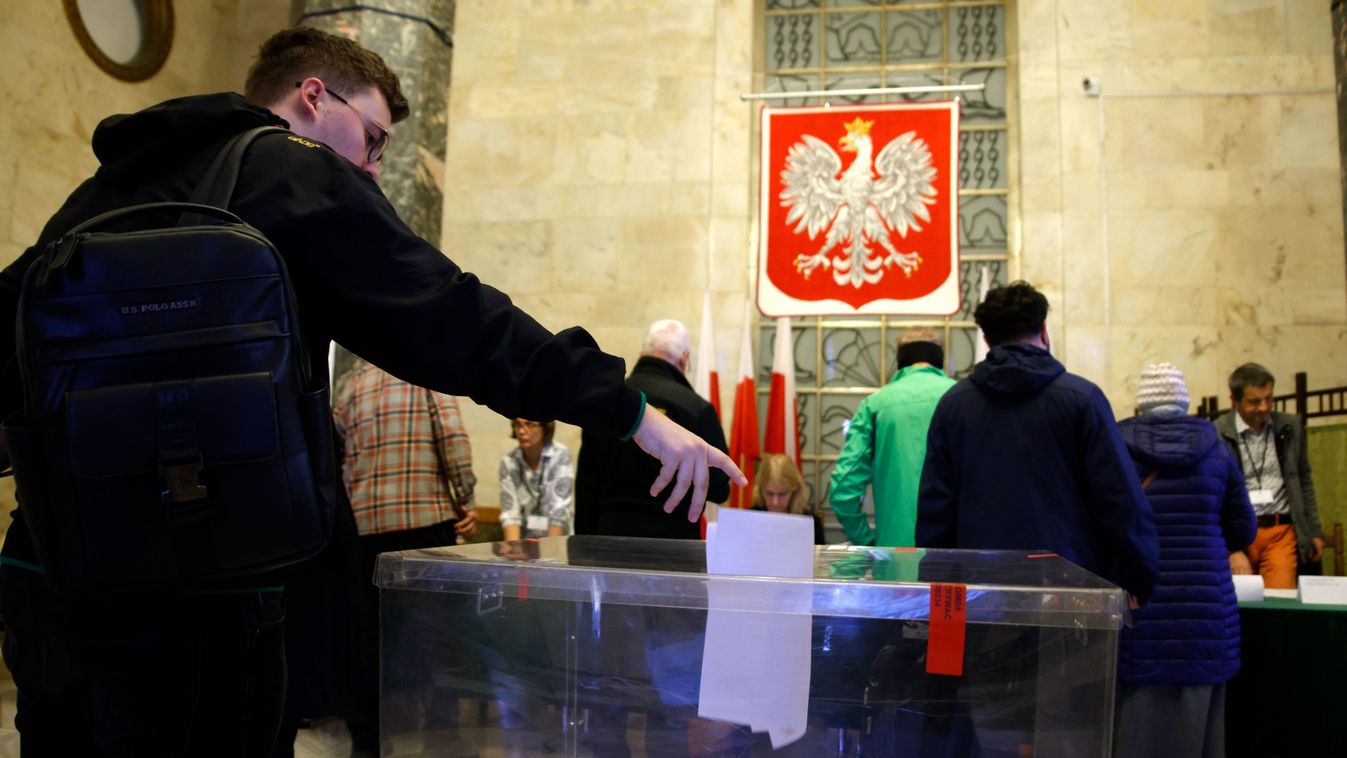
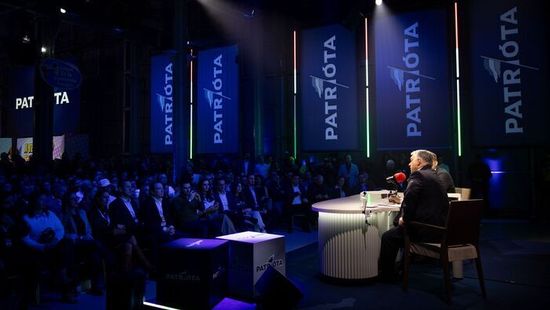
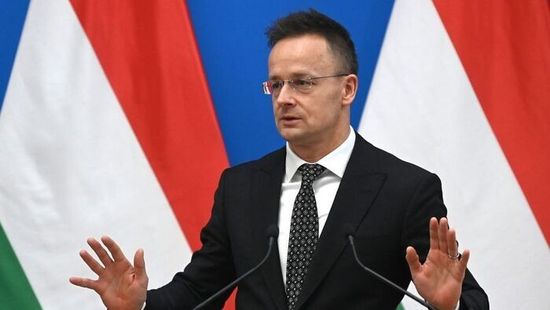

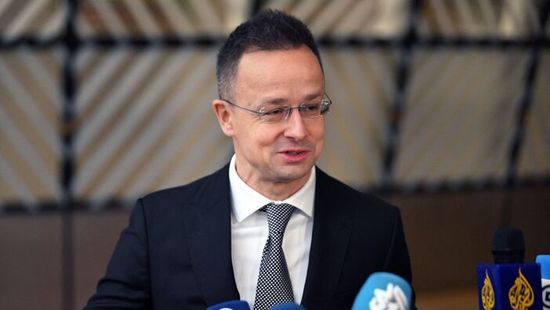

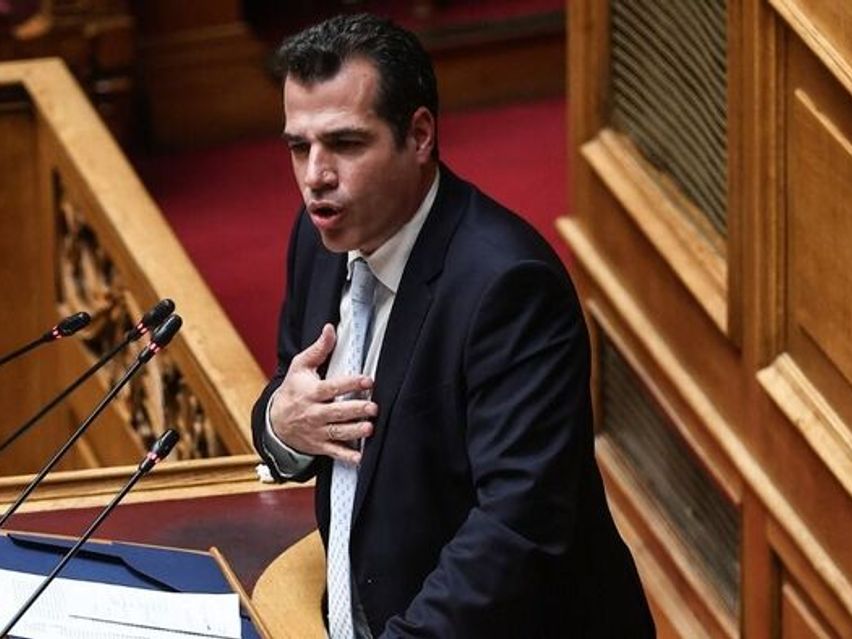
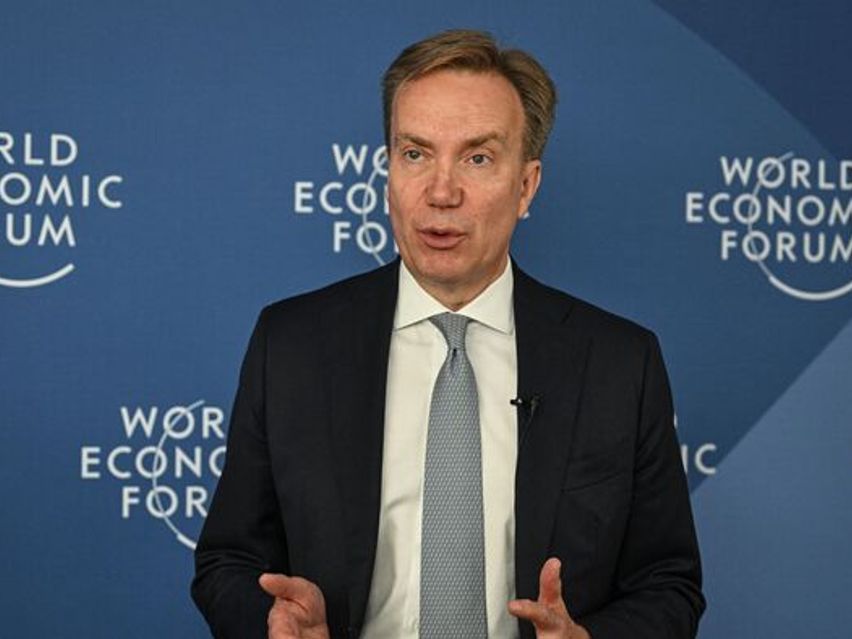
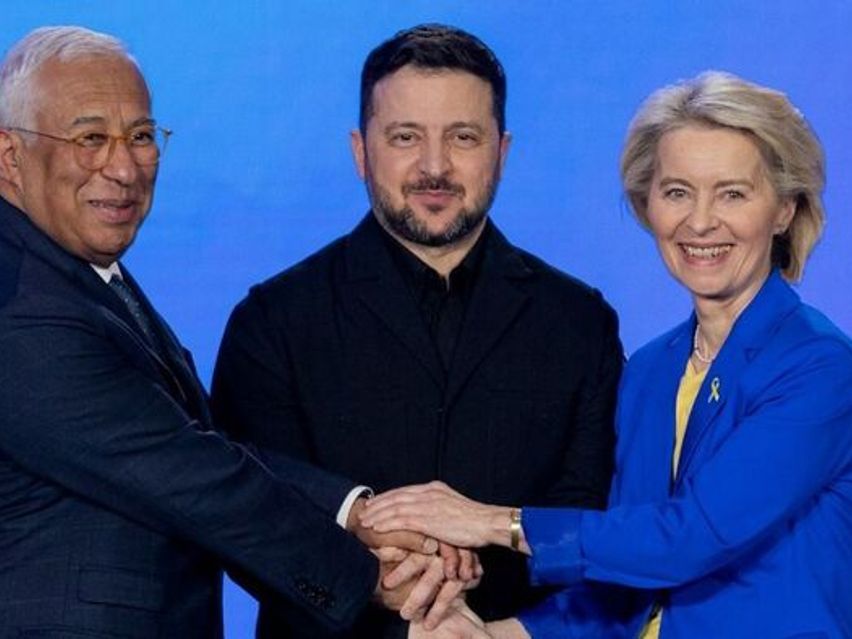


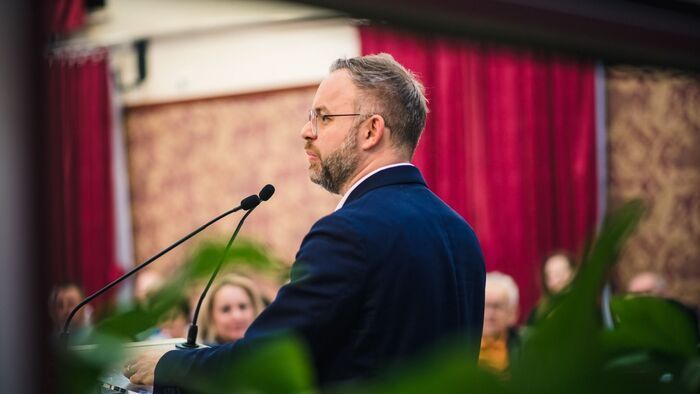
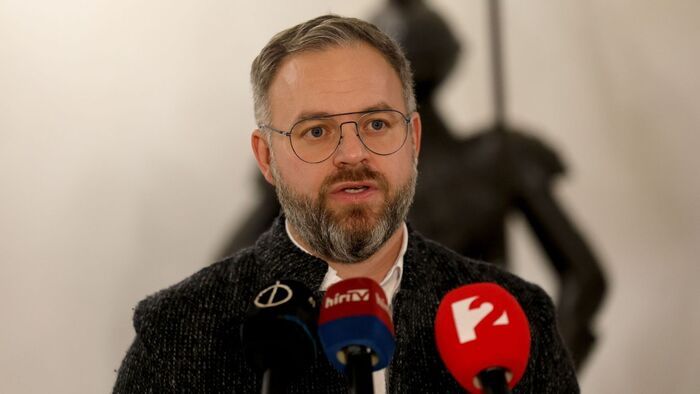
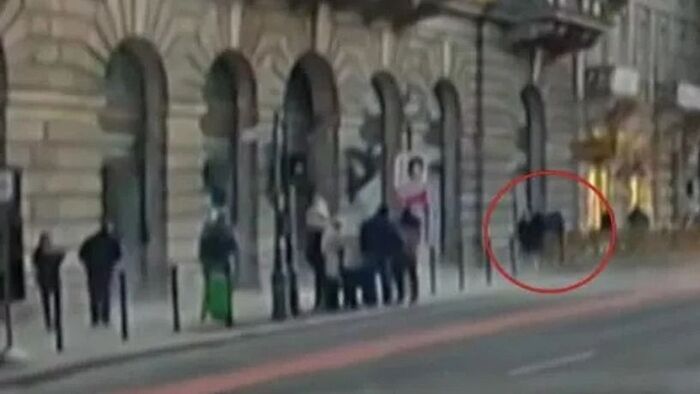
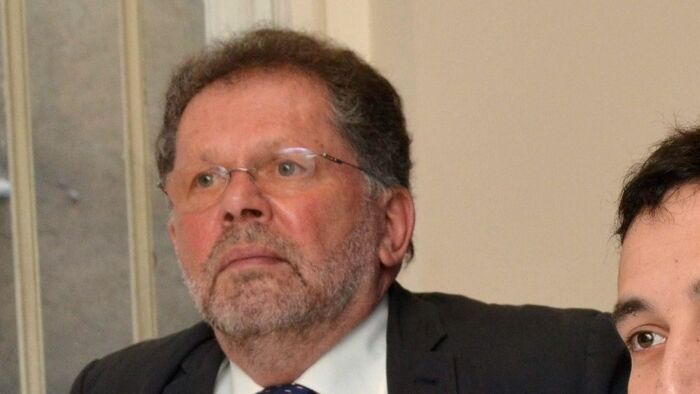
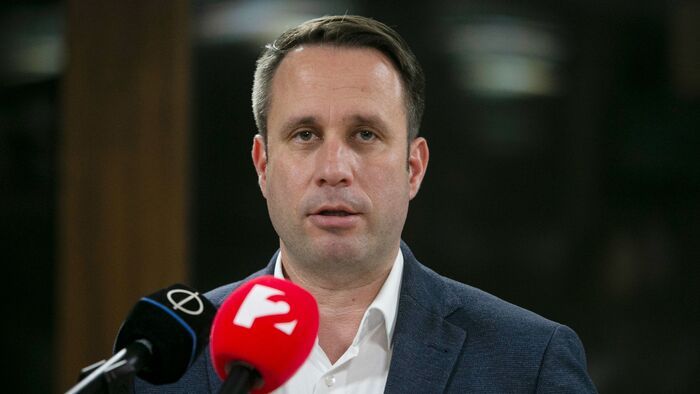

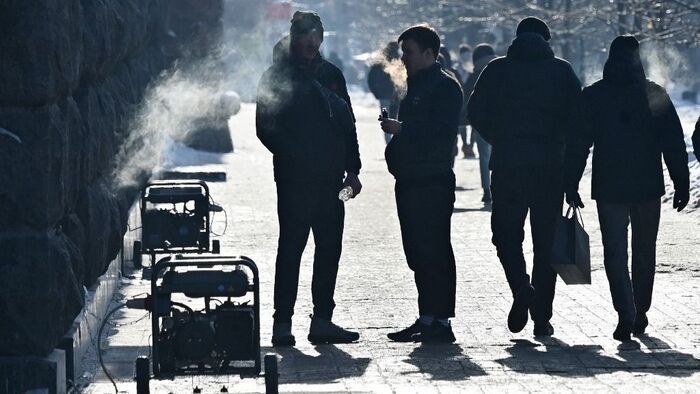




Szóljon hozzá!
Jelenleg csak a hozzászólások egy kis részét látja. Hozzászóláshoz és a további kommentek megtekintéséhez lépjen be, vagy regisztráljon!